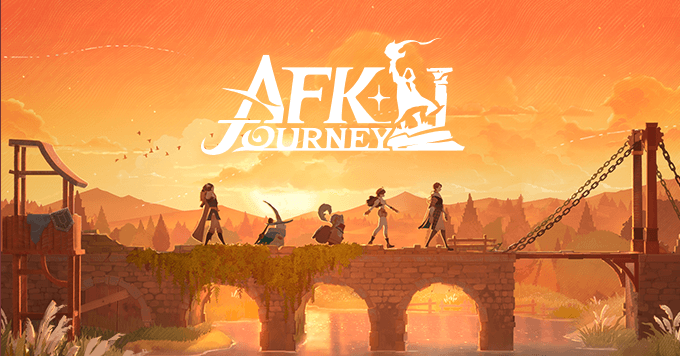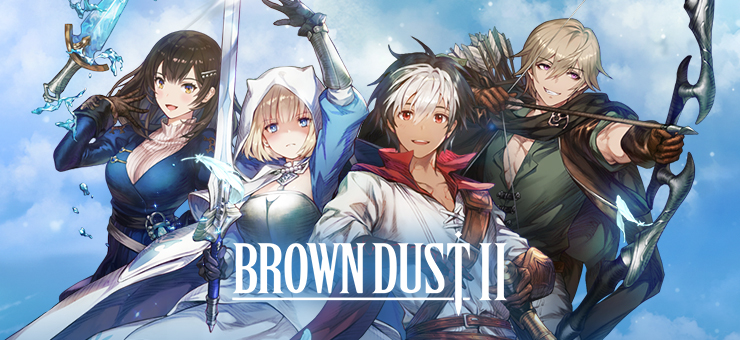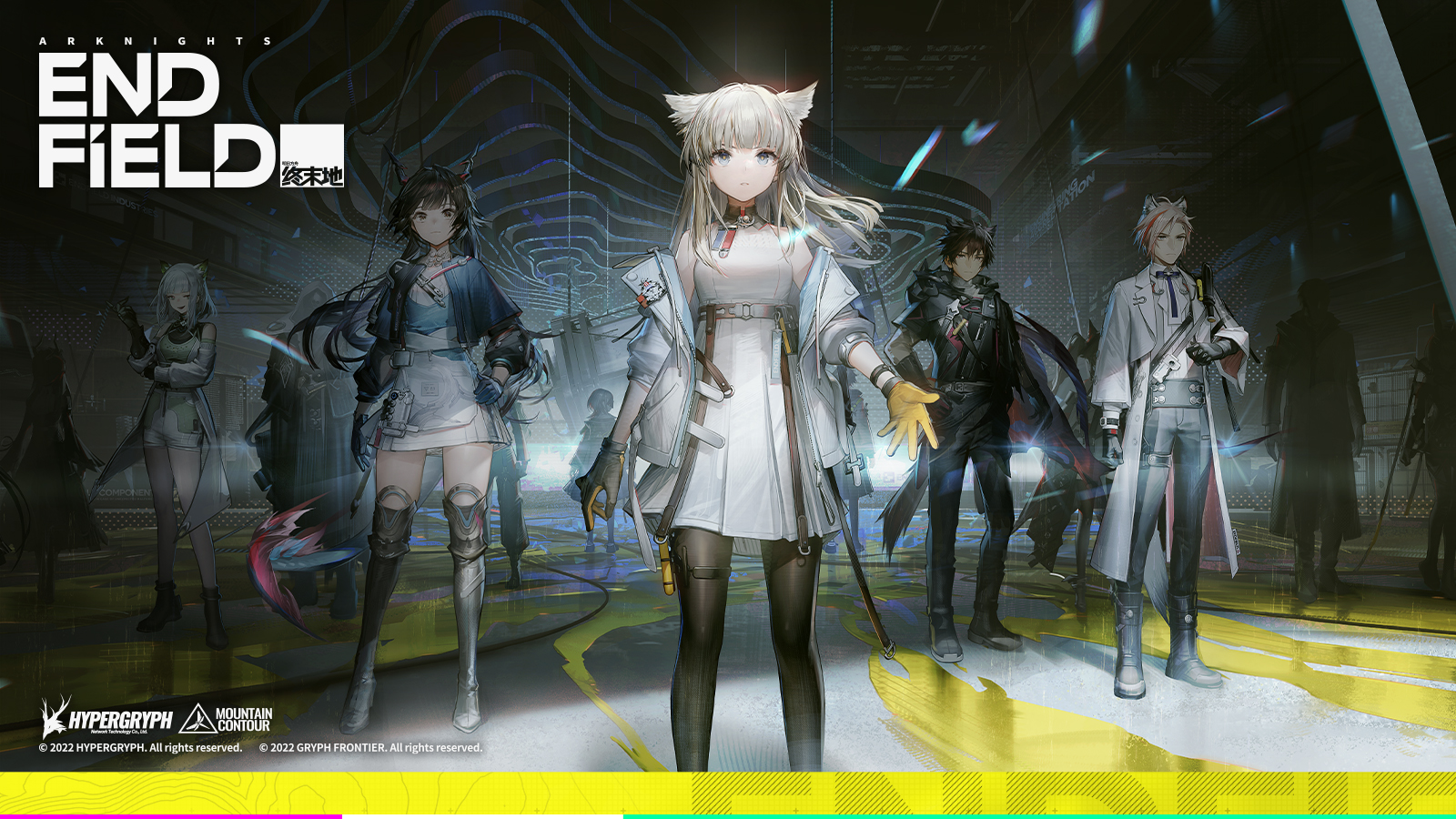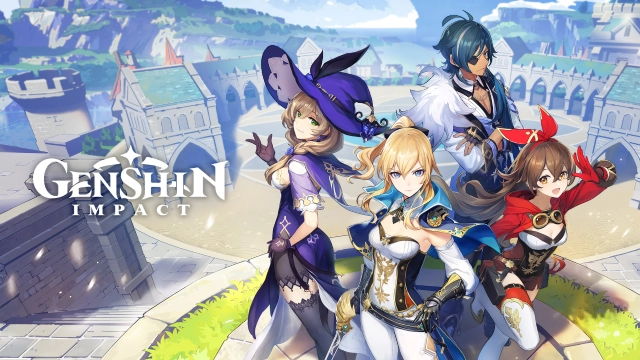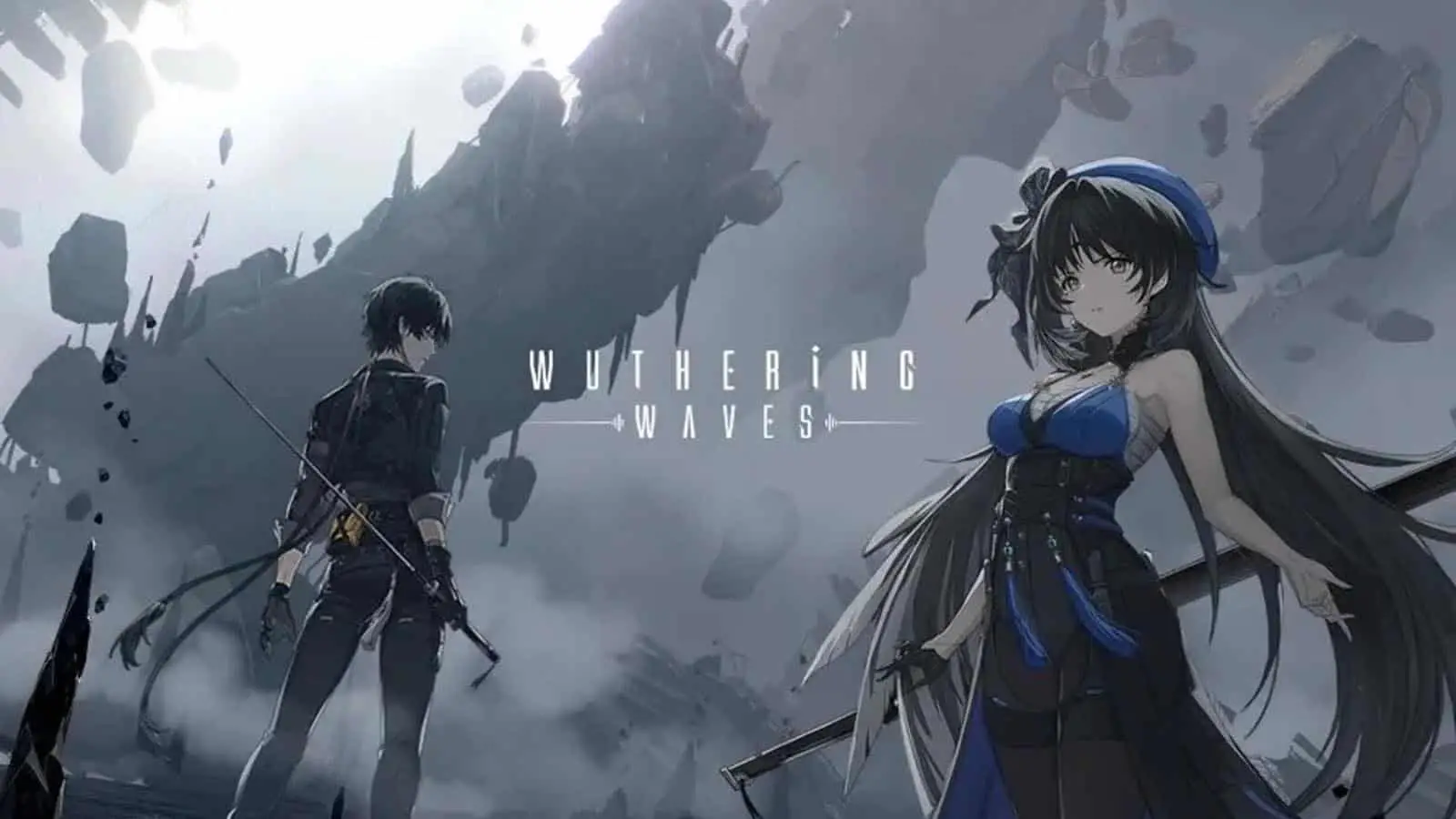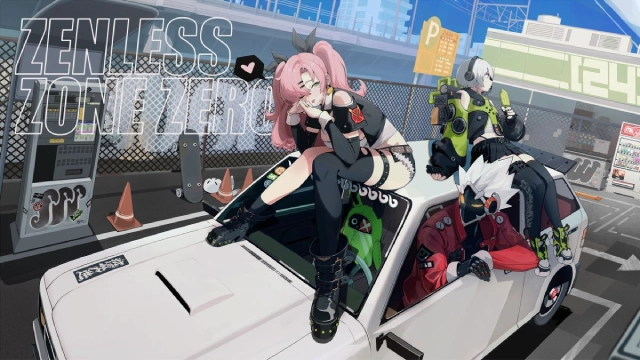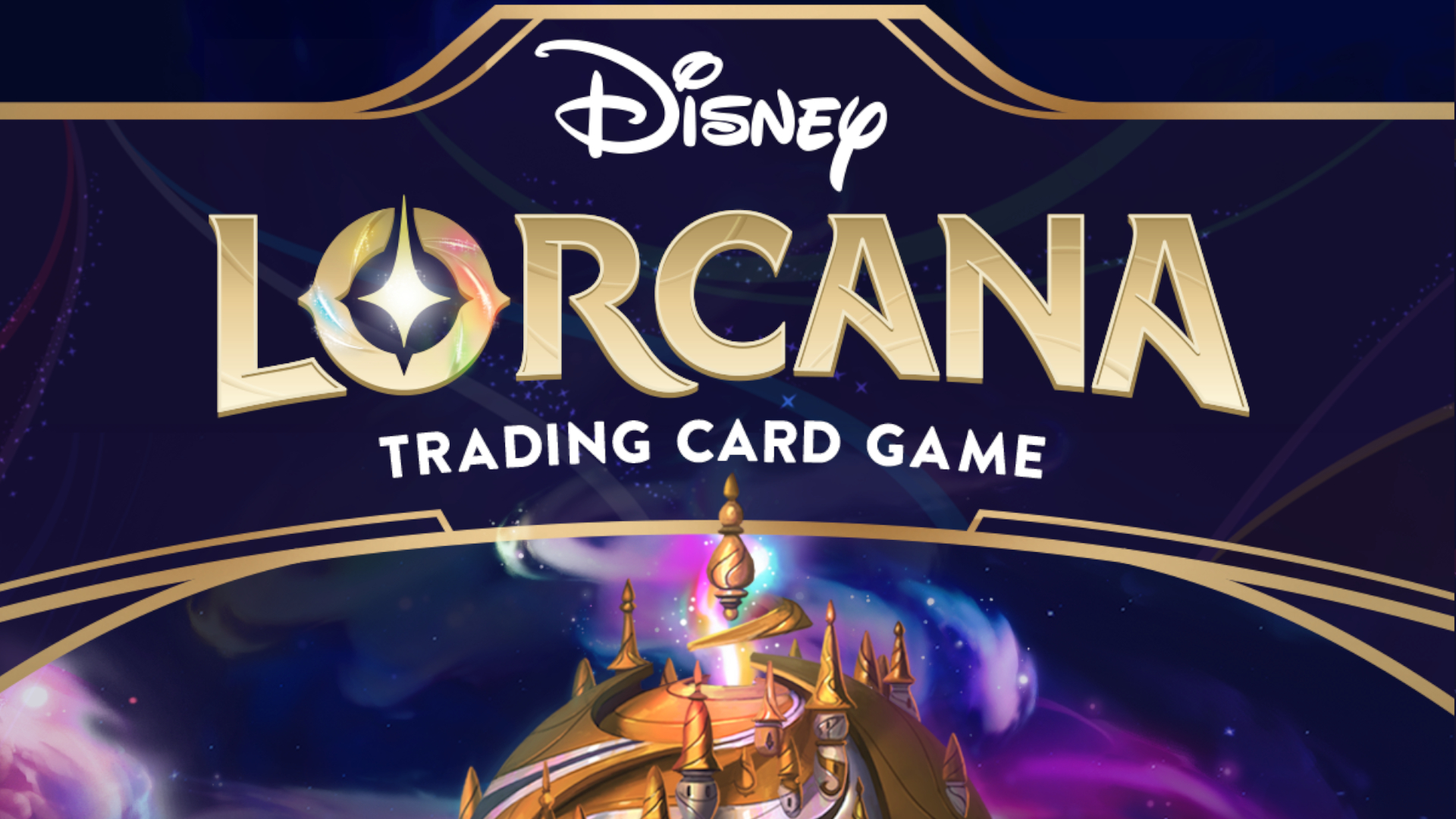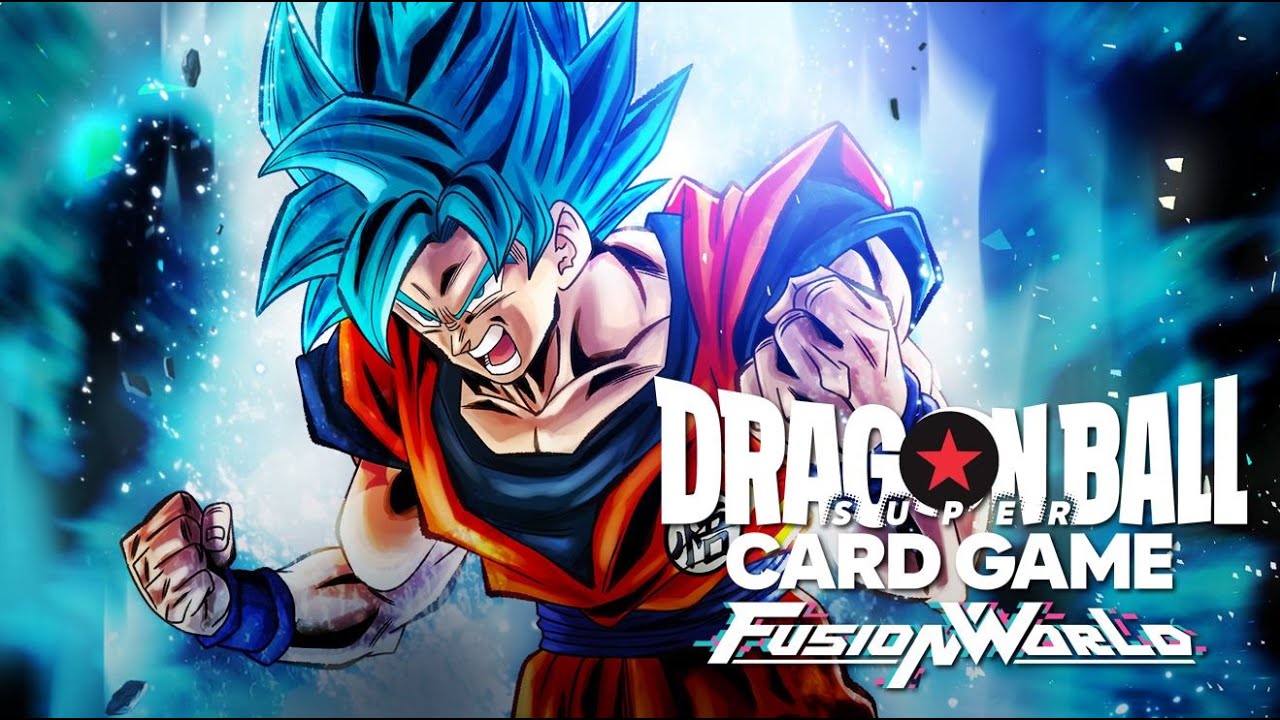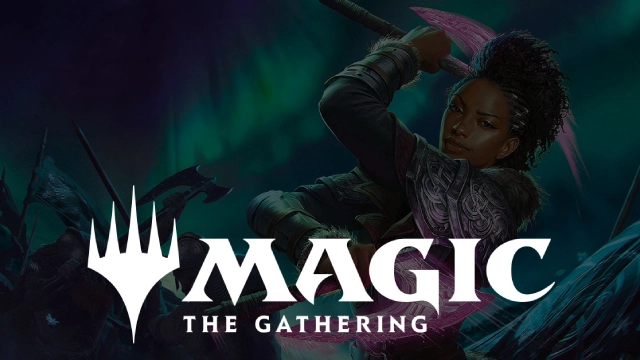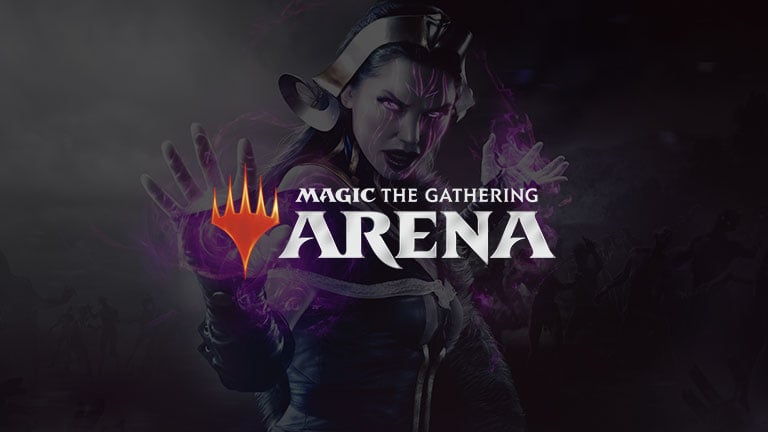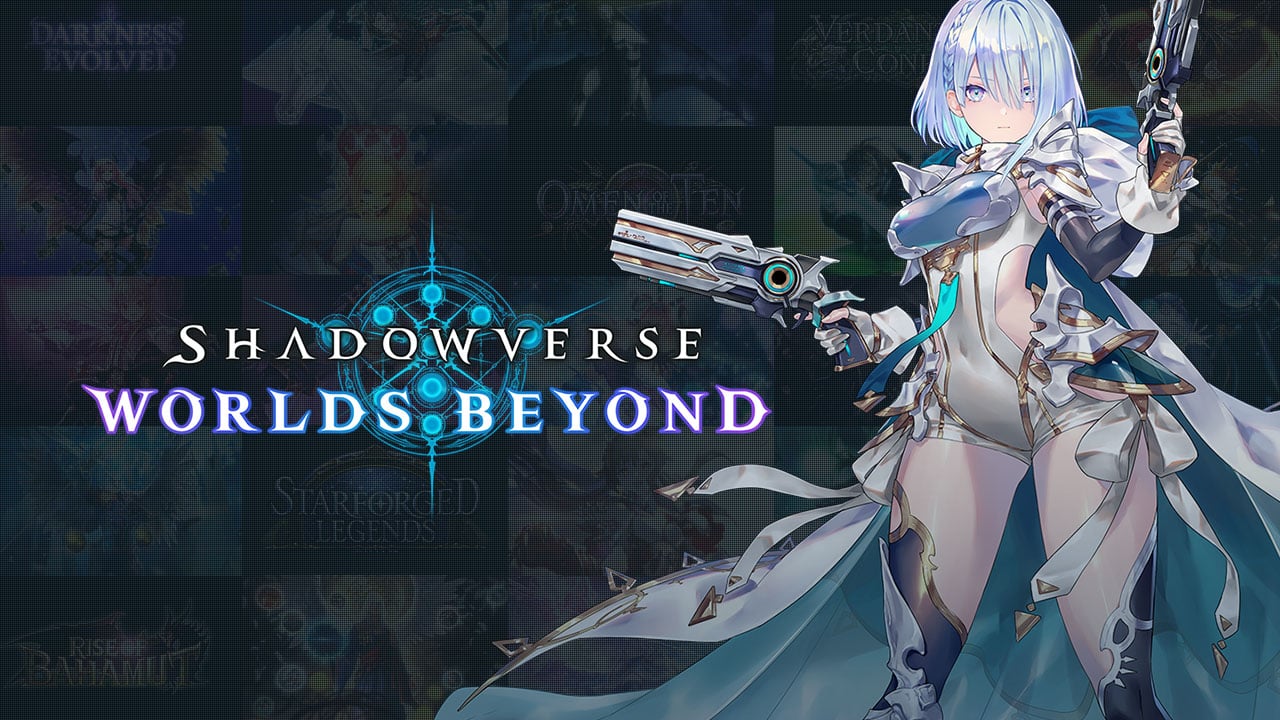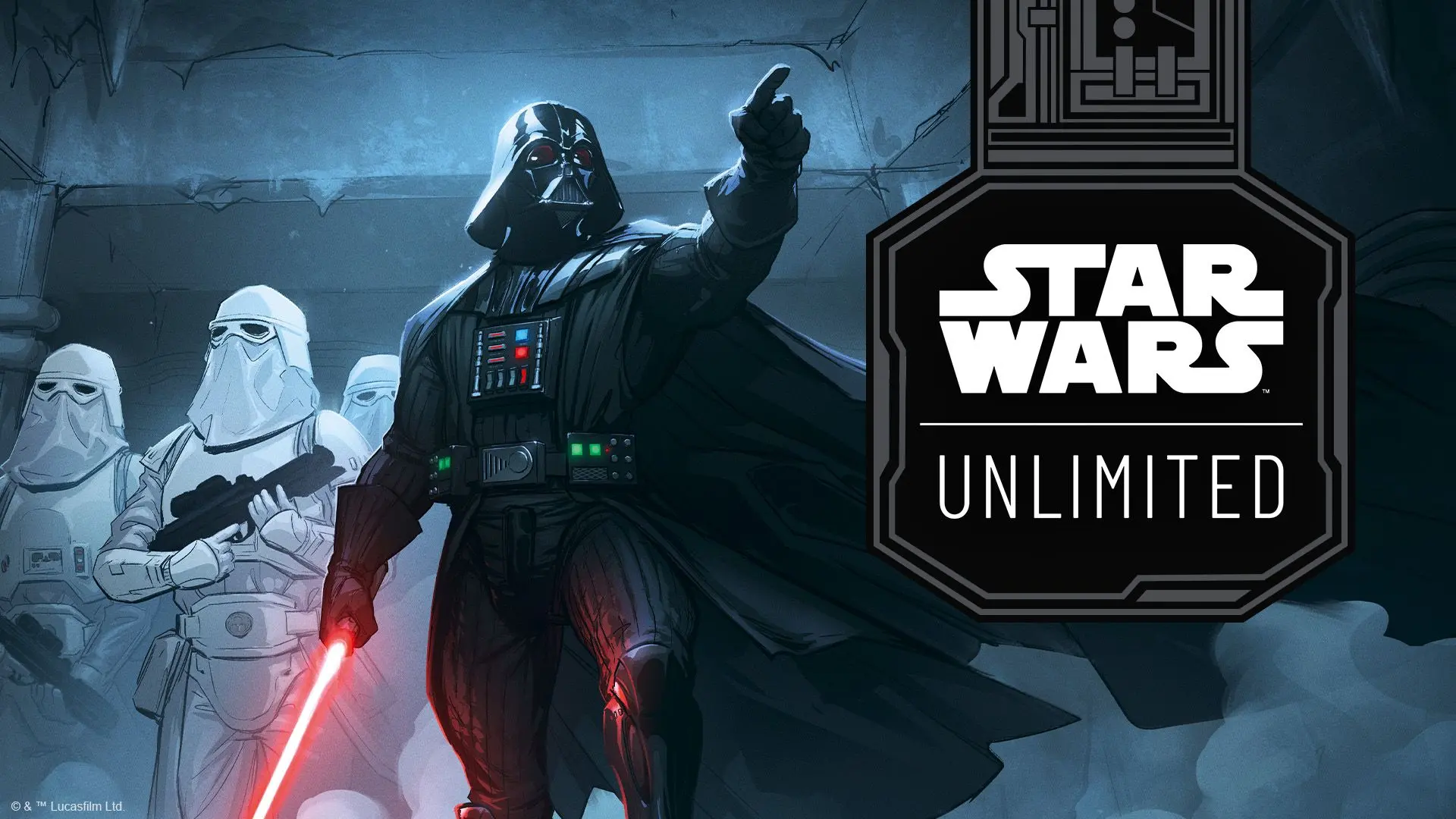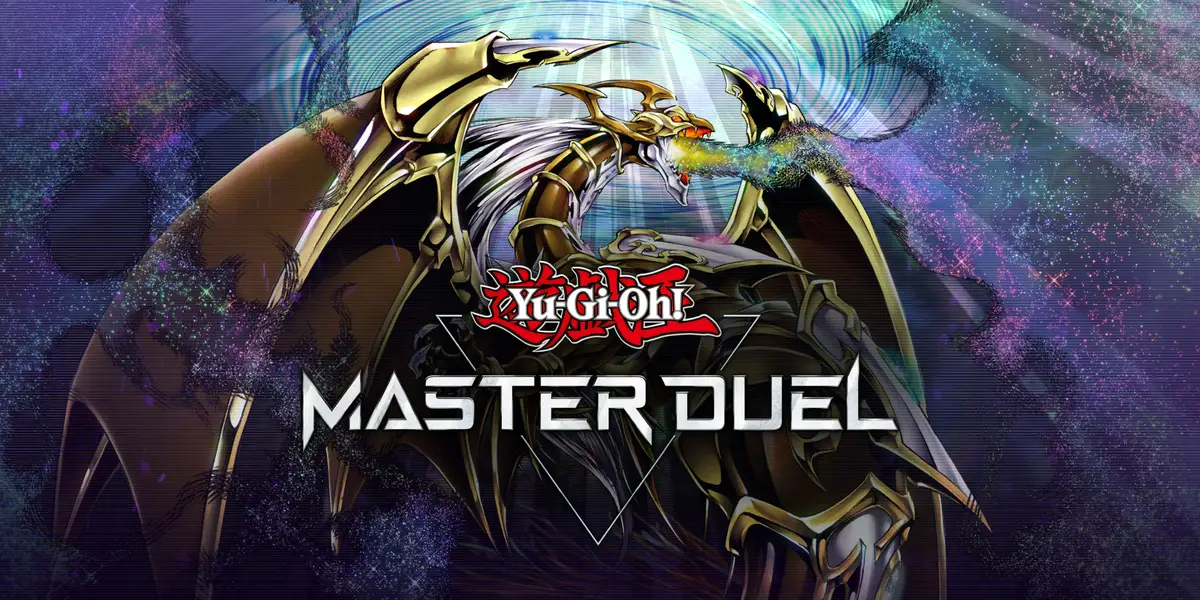Wizards of the Coast has released their Banned and Restricted Announcement today, as announced with their Secret Lair post, and there are a ton of changes to Historic and to older formats!
On Arena, this will be effective from today, February 15th, so get crafting before the Arena client update comes out soon! Remember that anything banned will incur a wildcard refund, but you can only receive one refund per copy of a card (so if you had 4 Uro, Titan of Nature's Wrath when it was banned in Standard, you won’t receive 4 mythic wildcards yet again). Owners of Omnath, Locus of Creation will receive their mythic wildcards now, since it has moved to properly being banned from previously being suspended.
Here are the list of all changes, please scroll down for the official announcement transcript with explanations provided by Ian Duke from Wizards of the Coast. Be aware that most of the changes don’t affect Arena!
| Format | Card Name | Changes |
|---|---|---|
| Historic | Omnath, Locus of Creation | Banned (from suspended) |
| Historic | Uro, Titan of Nature’s Wrath | Banned |
| Pioneer | Balustrade Spy | Banned |
| Pioneer | Teferi, Time Raveler | Banned |
| Pioneer | Undercity Informer | Banned |
| Pioneer | Uro, Titan of Nature’s Wrath | Banned |
| Pioneer | Wilderness Reclamation | Banned |
| Modern | Field of the Dead | Banned |
| Modern | Mystic Sanctuary | Banned |
| Modern | Tibalt’s Trickery | Banned |
| Modern | Uro, Titan of Nature’s Wrath | Banned |
| Legacy | Arcum’s Astrolabe | Banned |
| Legacy | Dreadhorde Arcanist | Banned |
| Legacy | Oko, Thief of Crowns | Banned |
| Vintage | Lurrus of the Dream-Den | Unbanned |
In addition to these bans, the rules for Cascade, a mechanic from Magic’s history (which currently has no cards on Arena) have been changed. That mechanic was tearing Modern & Legacy up alongside the new card Tibalt, Cosmic Imposter – you would cascade into the Valki, God of Lies side of it, and thanks to a quirk of the rules, then be able to choose the 7 mana planeswalker and put it into play for free. A silly rules interaction, made a lot more reasonable and intuitive by this change.
Historic
Omnath has moved to being properly banned, to no one’s real shock, since the format isn’t all that different from the one right before our Elemental friend warped it. The card just does far too much, often refunding your card and mana (alongside Fabled Passage) the turn you play it, and then being a threat that remains in play and demands an answer. Check out the previous ban announcement here for more info!
Uro has been shown the exit door in three more formats, after being departed early from Standard way back in September. In Historic, the card wasn’t really all that special in its use – it was good against every deck, the king of every fair game, invalidating early and late game decks alike. As compared to the other two formats it’s now banned in, Historic is a weaker format without as many combo decks, which are really the only thing that Uro is bad against, so it was really just the best thing to do. It even became part of combo decks like Emry Paradox, because it just kept you alive against aggro and gave you alternate wincons at such a low cost. It had a permanent home in Sultai, one of the best decks in Historic for nearly a year now, and I expect that deck to be much weaker if it’s worth playing at all anymore.
Uro was really the main reason to play Blue in any midrange deck, and now that he is gone, the door opens for decks like Abzan and Jund Midrange to try to make a name for themselves in Historic. I expect aggro decks to come back in force, since maindeck Uro was gatekeeping them to a large degree, and now they’ll at least have much better game 1s. I would be surprised if Jund Sacrifice didn’t remain the best deck by a good margin, that being said.
Announcement Date: February 15, 2021
Historic:
Omnath, Locus of Creation is banned (from suspended).
Uro, Titan of Nature’s Wrath is banned.
Pioneer:
Balustrade Spy is banned.
Teferi, Time Raveler is banned.
Undercity Informer is banned.
Uro, Titan of Nature’s Wrath is banned.
Wilderness Reclamation is banned.
Modern:
Field of the Dead is banned.
Mystic Sanctuary is banned.
Simian Spirit Guide is banned.
Tibalt’s Trickery is banned.
Uro, Titan of Nature’s Wrath is banned.
Legacy:
Dreadhorde Arcanist is banned.
Oko, Thief of Crowns is banned.
Vintage:
Lurrus of the Dream-Den is unbanned.
Rules Change:
Additionally, we are updating the rules for cascade to address interactions in older formats. This rule will be implemented on Magic Online on Wednesday, February 17. The new rule for cascade is as follows:
702.84a. Cascade is a triggered ability that functions only while the spell with cascade is on the stack. “Cascade” means “When you cast this spell, exile cards from the top of your library until you exile a nonland card whose converted mana cost is less than this spell’s converted mana cost. You may cast that spell without paying its mana cost if its converted mana cost is less than this spell’s converted mana cost. Then put all cards exiled this way that weren’t cast on the bottom of your library in a random order.”
Effective Date: February 15, 2021
Cascade rule effective date for Magic Online: February 17, 2021
The list of all banned and restricted cards, by format, is here.
FORMAT CHANGES
Throughout the past year, with pandemic conditions resulting in fewer high-level tabletop tournaments, we correspondingly slowed the pace of banned and restricted list changes in nonrotating formats. Recent community discussion has made it clear that many fans of those formats are interested in seeing shakeups to those metagames. Today’s changes represent us taking a close look at each of Historic, Pioneer, Modern, Legacy, and Vintage and responding to both play data and community feedback.
HISTORIC
(Provided by Jay Parker.)
Decks built around Uro, Titan of Nature’s Wrath are the most played in Historic and have been for a while now. While other decks have contested for that position, the steady dominance of Uro, Titan of Nature’s Wrath shows it is too powerful for the format. Because of the examples of how this card has performed in other larger formats, we do not feel like we need to suspend the card to see how the format reacts. To increase the diversity of decks at the top of the Historic metagame, Uro, Titan of Nature’s Wrath is banned in Historic.
Omnath, Locus of Creation is currently suspended in Historic, and our data indicates that diversity and interest in the meta would be harmed by reintroducing the card now. Because of this, Omnath, Locus of Creation is moved to banned in Historic.
PIONEER
Our vision for Pioneer is to be a collection of the most fun, powerful, and iconic cards and strategies from recent Standard formats. However, there is a dividing line between “powerful and iconic” and “overbearing and unfun.” In this update, we’re addressing several cards and strategies that we feel cross that line and aren’t representative of the play experience we’d like Pioneer to offer.
Uro, Titan of Nature’s Wrath has become one of the most dominant creatures in Pioneer and is featured in several of the most played and most winning decks. Ultimately, we feel Uro’s power level is out of line with other cards and strategies available in Pioneer. Play data indicates, and community feedback supports, that the metagame will be more fun and diverse without Uro.
In addition, we’re taking this opportunity to ban Teferi, Time Raveler and Wilderness Reclamation from Pioneer as cards that previously overstayed their welcome in Standard. Removing Teferi, Time Raveler will have the added benefit of lowering the power level of Niv to Light decks, which were among the most played and most winning archetypes. Without Teferi, Time Raveler to hold them in check, we’re concerned that metagame share of Wilderness Reclamation decks would rise, so we’re choosing to preempt that outcome.
Finally, we’re seeing a concerning win rate and metagame share for the Oops! All Spells deck (which uses Balustrade Spy and Undercity Informer to mill its entire library, having no cards that count as lands while in the library). Given the difficulty of interacting with the strategy, it isn’t easily held in check by natural metagame forces. We don’t believe Pioneer can be at its most fun with Oops! All Spells being a large part of the metagame. So, we’re choosing to ban Balustrade Spy and Undercity Informer.
MODERN
As in Pioneer, Uro, Titan of Nature’s Wrath has become a dominant fixture across many of the top Modern decks and operates at a power level that makes it difficult for other midrange and control strategies to compete with. To open space in the metagame for a greater variety of midrange strategies and other slower decks to coexist, we’re choosing to ban Uro in Modern as well.
Along with Uro, we’re also addressing two land cards frequently used by ramp and control strategies that we feel are decreasing diversity of gameplay patterns: Field of the Dead and Mystic Sanctuary. Both lands create repetitive and noninteractive game states in the late game for relatively low deck-building cost. To promote more back and forth gameplay and interaction over win conditions, we’re choosing to remove them.
Simian Spirit Guide is a card we’ve had our eye on for some time as an enabler that speeds up fast combo decks. As the Modern card pool has grown, so too has the capability for decks to assemble early game-winning combinations from hand, with some recent examples including Oops! All Spells, Charbelcher variants and some builds of the recent Tibalt’s Trickery deck. To slow down that category of combo decks as a whole and give opponents more time to set up interactive plays in the early game, Simian Spirit Guide is banned.
Finally, while there’s been much discussion about new Tibalt’s Trickery decks in several formats, we see Modern as the format where those decks are uniquely problematic via Tibalt’s Trickery‘s interaction with cascade. While the overall win rate of the deck hasn’t shown to be problematic, we believe it contributes to non-games that make Modern less fun to play. As the goal of this update is to shake up the metagame into a more fun spot, we’re concerned that a continued metagame presence of Tibalt’s Trickery decks would work against that goal. Therefore, we are banning Tibalt’s Trickery in Modern.
LEGACY
While balance hasn’t looked problematic in Legacy, we’ve heard community feedback that a few cards have come to draw too much of the focus for deck building and gameplay.
Oko, Thief of Crowns has proven powerful in other formats, but with Legacy having an especially high overall power level, we’d been waiting to see whether it would fall in line with the average power of the rest of the metagame. Over time, we’ve seen Oko continue to remain a major metagame presence and a contributor to lower diversity. With its huge card pool, Legacy is a format that should offer tremendous variety of deck-building options and reward innovative deck construction and tuning. Because of its power and flexibility, Oko can provide an easy answer even to unanticipated threats and defenses and generally homogenizes gameplay patterns in a way that’s counter to the spirit of the format. Therefore, we’re choosing to ban Oko, Thief of Crowns.
Arcum’s Astrolabe is another card that has contributed to the power and consistency of Snowko decks. Traditionally in Legacy, deck builders need to make choices about whether to have easy access to many colors or build a mana base that’s resilient to disruption like Wasteland and Blood Moon. Arcum’s Astrolabe allows mana bases to have both high color flexibility and high resilience to mana denial that’s a uniquely important part of the Legacy metagame. Ultimately, we think a narrow class of decks having such resilience for a relatively low investment is an advantage that leads to less metagame diversity.
Next, Dreadhorde Arcanist has proven to be powerful and game defining in a way that further adds to cards and strategies that were already among the most powerful, like Temur Delver. Without Oko, we anticipate that Dreadhorde Arcanist strategies would only become more prominent. Ultimately, the community sentiment we’ve heard is that Dreadhorde Arcanist makes gameplay revolve around it too early in the game and that too many games come down to whether an opponent can immediately remove it. Therefore, we’re choosing to ban Dreadhorde Arcanist in Legacy.
Finally, we did discuss banning Uro, Titan of Nature’s Wrath in Legacy as well, but we feel its power level is more in line with the overall power level of Legacy (as compared to Historic, Pioneer, and Modern). The bar is high for what three- and four-mana spells need to accomplish in Legacy, and we believe Uro can coexist as a competitive but not dominant option. Additionally, the bans of Oko, Thief of Crowns and Arcum’s Astrolabe should significantly decrease the metagame share of existing decks that Uro naturally slots into.
VINTAGE
Shortly after the release of Ikoria: Lair of Behemoths, Lurrus of the Dream-Den was added to the Vintage banned list as the only card on that list solely due to power level (for the unique reason that restriction was not a meaningful solution given the companion mechanic). At that time, the power level benefit of using Lurrus as a companion was far too high relative to its deck-building cost. However, we’ve since changed the companion rule to require additional mana investment, which comes at a premium in the context of Vintage power level.
A key aspect of the spirit of Vintage is that we’d like as much of Magic‘s card library to be available as possible. So, we’re running the experiment of unbanning Lurrus of the Dream-Den. We’ll be keeping our eye on what this does to the metagame and are willing to revert the change if needed, but we believe that Lurrus should be given another chance to prove itself under the new companion rule.
CASCADE RULES CHANGE
(Provided by Magic rules manager Jess Dunks.)
Modal double-faced cards were designed to allow both faces to be playable in all situations. For example, if an effect lets you cast spells from the graveyard, players expect to be able to cast either face. Feedback has shown us, however, that in situations where certain criteria are mentioned, being able to play or cast the back face when it doesn’t meet those criteria is not intuitive. This confusion, plus being allowed to cast spells without paying their mana costs that you shouldn’t be able to, makes cascade an issue.
As a result, we’re tweaking cascade such that the spell you cast off the triggered ability must also have lesser converted mana cost than the spell with cascade.
Here is the new cascade rule:
702.84a. Cascade is a triggered ability that functions only while the spell with cascade is on the stack. “Cascade” means “When you cast this spell, exile cards from the top of your library until you exile a nonland card whose converted mana cost is less than this spell’s converted mana cost. You may cast that spell without paying its mana cost if its converted mana cost is less than this spell’s converted mana cost. Then put all cards exiled this way that weren’t cast on the bottom of your library in a random order.”
For example, if you cast Bloodbraid Elf and exile Valki, God of Lies from your library, you’ll be able to cast Valki but not Tibalt, Cosmic Impostor. On the other hand, if you exile Cosima, God of the Voyage, you may cast either Cosima or The Omenkeel, as each face has a lesser converted mana cost than Bloodbraid Elf.
This change isn’t limited to double-faced cards. It also changes the way cascade works with anything that has a “dominant” set of characteristics, like the Adventurer cards from Throne of Eldraine. For example, if Bloodbraid Elf causes you to exile Fae of Wishes, you may cast Fae of Wishes, but you may not cast Granted.
Finally, the interaction between split cards and cascade is unchanged; the converted mana cost of a split card is the total converted mana cost of its halves. If you cascade into a split card with lesser converted mana cost than the spell with cascade (remember, count both halves), you may cast either half without paying its mana cost.
Premium >
Enjoy our content? Wish to support our work? Join our Premium community, get access to exclusive content, remove all advertisements, and more!
- No ads: Browse the entire website ad-free, both display and video.
- Exclusive Content: Instant access to all exclusive articles only for Premium members, at your fingertips.
- Support: All your contributions get directly reinvested into the website to increase your viewing experience!
- Discord: Join our Discord server, claim your Premium role and gain access to exclusive channels where you can learn in real time!
- Special offer: For a limited time, use coupon code L95WR9JOWV to get 50% off the Annual plan!

